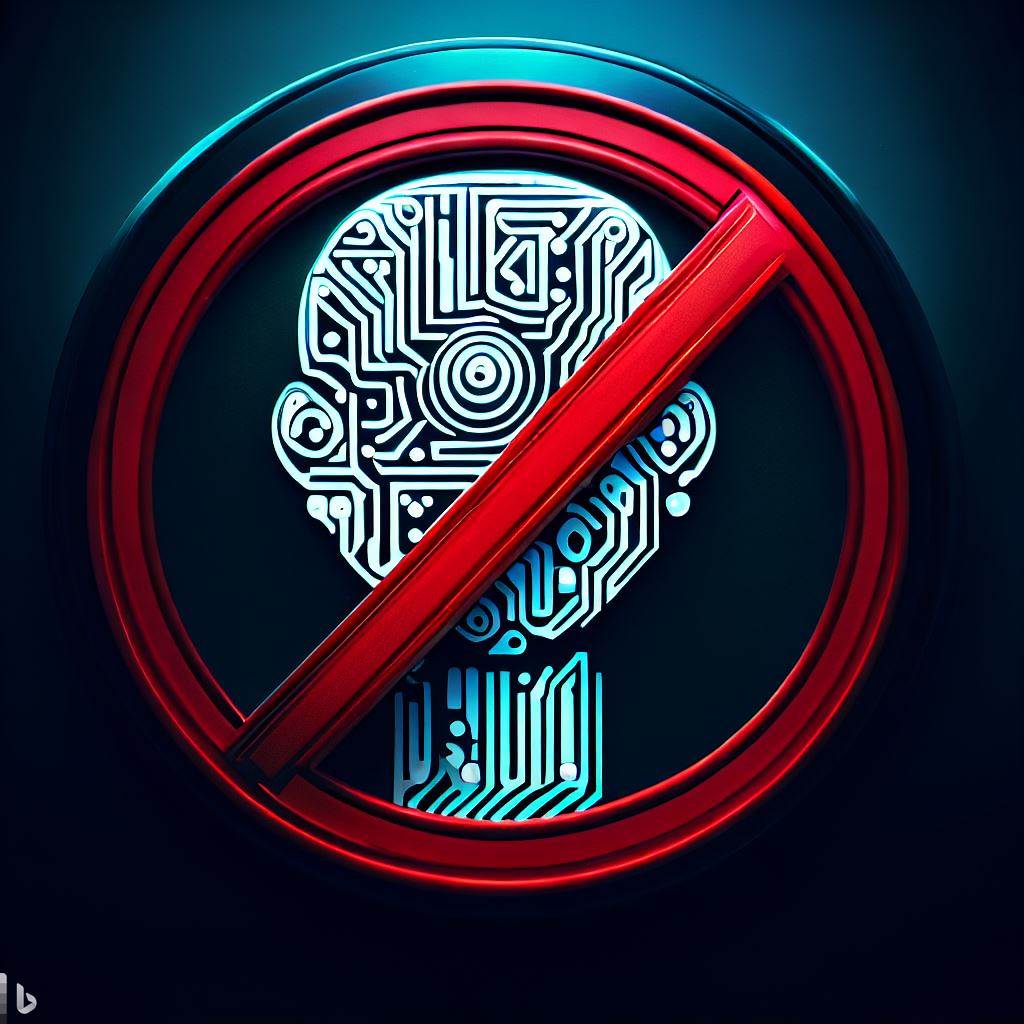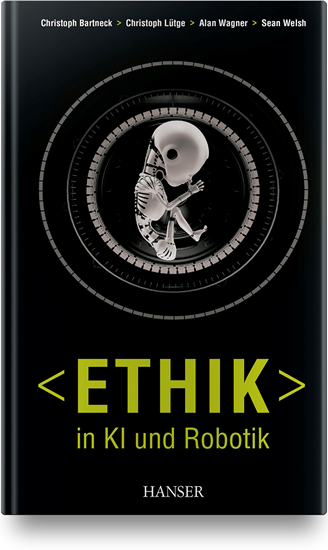We just published the article “Personality and demographic correlates of support for regulating artificial intelligence” in the AI and Ethics journal. We analysed data from the New Zealand Attitudes and Values Study survey that collected around 48 thousand responses from New Zealanders. The survey asked them if they support the strict regulation limiting the development and use of Artificial Intelligence. We analysed if the response to this question is related to the respondent’s personality and social economic indicators.
Data revealed that support for strict regulation of AI is positively related with agreeableness, neuroticism, and honesty–humility. However, it is negatively related to openness to experiences. Being female, older, non-European, religious, being single, a parent, living rural, being born in NZ, and living in a more economically deprived region were all related to support for strict regulation of AI. However, how secure one felt in their current job and one’s level of education were not significantly related to their support for the strict regulation of AI.
This study will inform policy makers and technology companies on how New Zealanders feel about AI. You can read the full article for free from this address: https://doi.org/10.1007/s43681-023-00279-4


